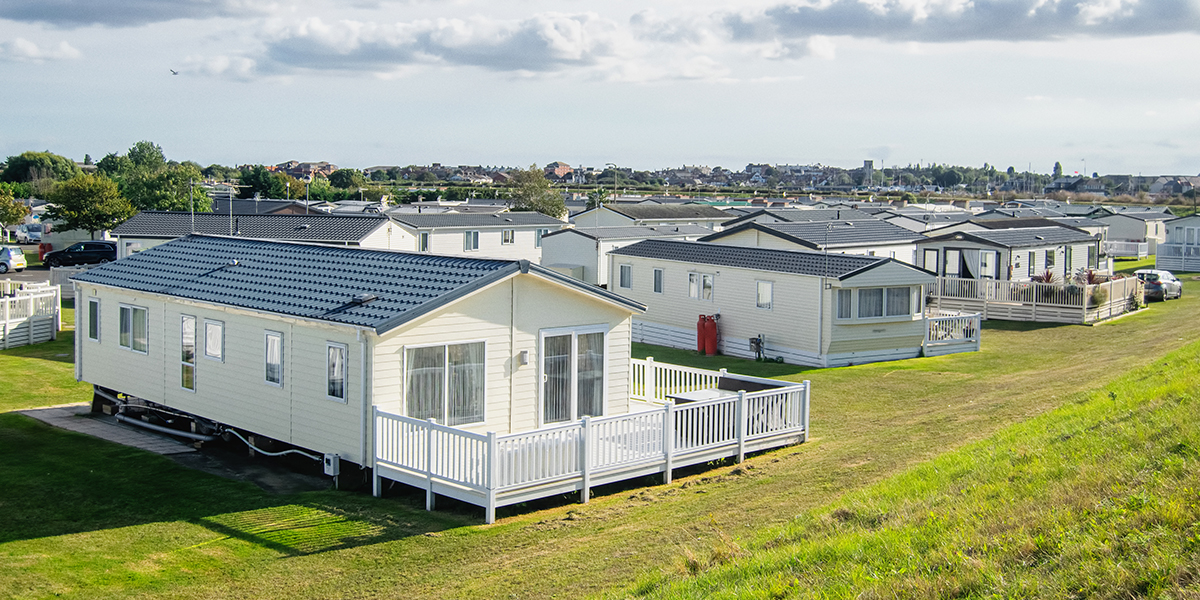With drought gripping much of the country, and the price of water on the rise, it’s become increasingly important to know how much water you use for irrigation in your yard, as well as how much it costs.
Watering Do’s and Don’ts
 Water your yard early in the morning and soak the ground thoroughly so that it penetrates to a depth of at least 3″. While the amount of water needed will vary depending on your climate, the weather, and the time of year; the general rule of thumb is to make sure your lawn receives 1″ of water to your lawn per week during dry conditions.
Water your yard early in the morning and soak the ground thoroughly so that it penetrates to a depth of at least 3″. While the amount of water needed will vary depending on your climate, the weather, and the time of year; the general rule of thumb is to make sure your lawn receives 1″ of water to your lawn per week during dry conditions.
To see how much water your grass is actually receiving, put several containers with straight sides—such as a coffee mug, metal can, or plastic container—on the ground around the yard while you are watering. Then use a ruler to measure the depth of the water in the container.
Calculating Water Use
To provide your lawn with one inch of water takes a little over half a gallon per square foot (0.623 gallon to be more exact). That means that every 10’x10’ area will require over 62 gallons of water. That doesn’t sound like much until you consider that a 100’ x 100’ lawn uses 6,230 gallons of water every time you turn on the sprinklers!
To calculate the amount of water you use, multiply the width times the length of your yard in feet to get the number of square feet of area. Then multiply that figure by 0.623 to come up with the number of gallons used (or use our calculator below).
This assumes that your yard is square or rectangular. For more unusual shapes, you’ll have to dig out your old high school geometry book to come up with the amount of area involved.
Calculating Water Costs
Now that you know how much water you’re using, you can estimate how much it will cost to keep your lawn green. While city water systems usually give separate prices for water and sewer services on your bill, in most cases both are actually based on the number of gallons of water you use.
So for every 1,000 gallons of water that comes out of your faucet, you are also charged not only for the water but for 1,000 gallons of sewerage. This holds true regardless of whether it goes down the drain or on your grass.
Many cities will install a separate meter for irrigation purposes that does not include the cost of sewerage. This can save a lot of money, though you will have to pay several hundred dollars to have it hooked up as well as a monthly minimum whether you use it or not.
To calculate the cost of watering your yard, divide the number of gallons used by 1,000 then multiply by the price you pay per 1,000 gallons (see our calculator below). Don’t forget to include the sewer costs unless you have a separate meter.
In Atlanta, Georgia it costs $7.47 per 1,000 gallons for water plus $21.73 per 1,000 gallons for sewer, for a total of $29.20 for every 1,000 gallons of water that comes out of the tap. That means that to supply a 100’ x 100’ yard with one inch of water costs over $46 if you have a separate meter for irrigation, or $181 if you don’t. If you water your yard one inch every week during the summer, the cost will add up to close to $185 or $725 a month.
Given the severity of the current drought, water rationing is already taking place in some parts of the country. When supplies run short, lawn irrigation is the first thing to go. If you find the cost of watering your yard too steep—either financially or ecologically—you might consider getting rid of grass altogether and planting drought resistant shrubs and other plants instead. Not only will it help conserve water and save money, but you won’t spend your Saturdays behind the lawn mower either.
Visit TodaysHomeowner.com to calculate your lawn’s irrigation cost.
Originally posted on TodaysHomeowner.com by Ben Erickson
WaterSignal is a green technology company focused on water conservation. WaterSignal measures water flow in real time to detect leaks and monitor domestic meters, irrigation systems, and cooling towers for commercial, multifamily, medical and educational properties. WaterSignal is located in Alpharetta, GA, and currently has operations in 20 states.



